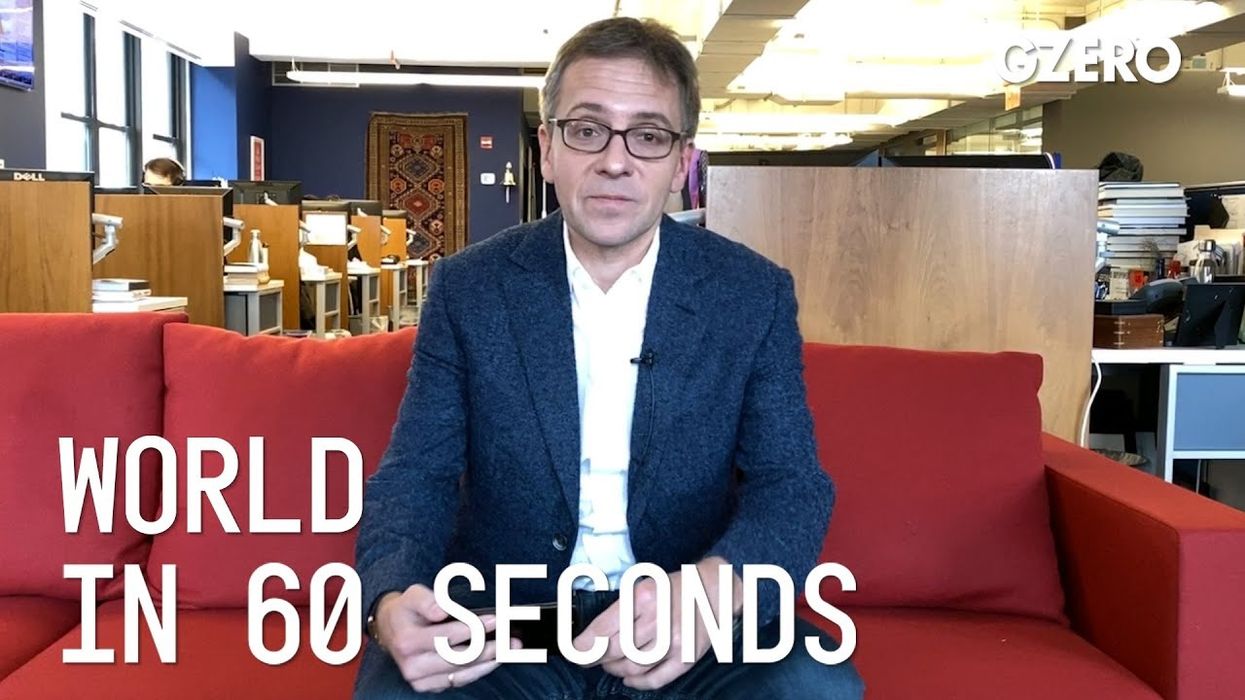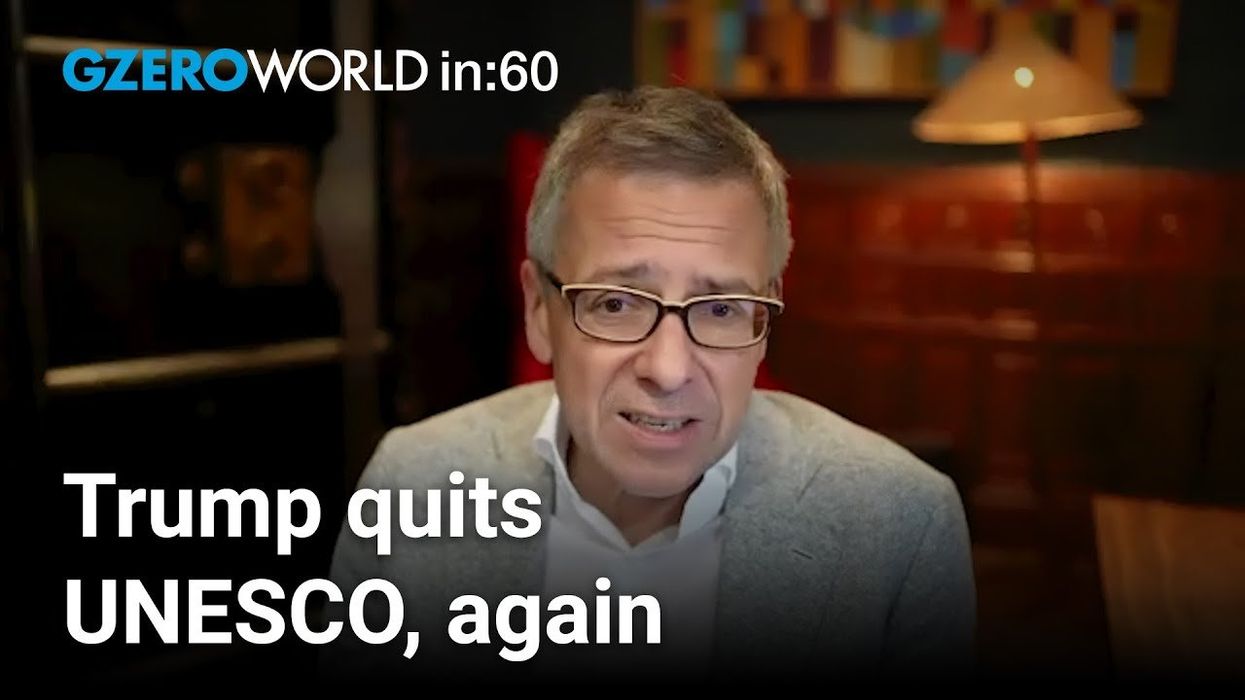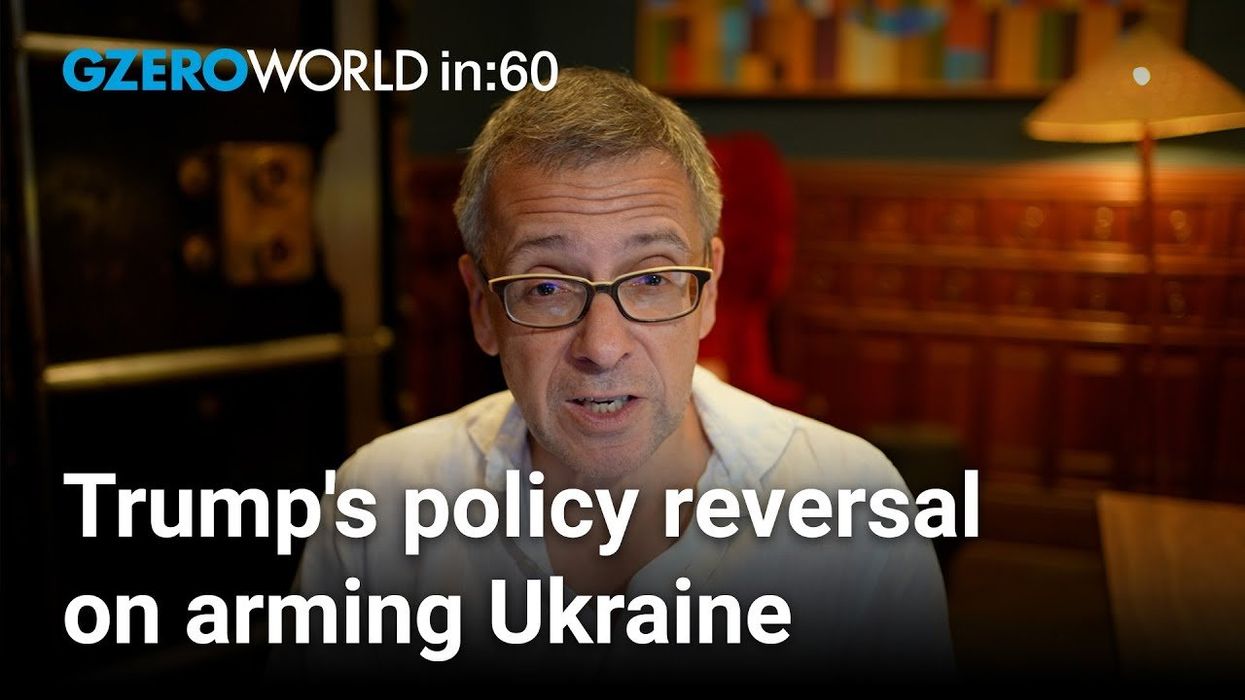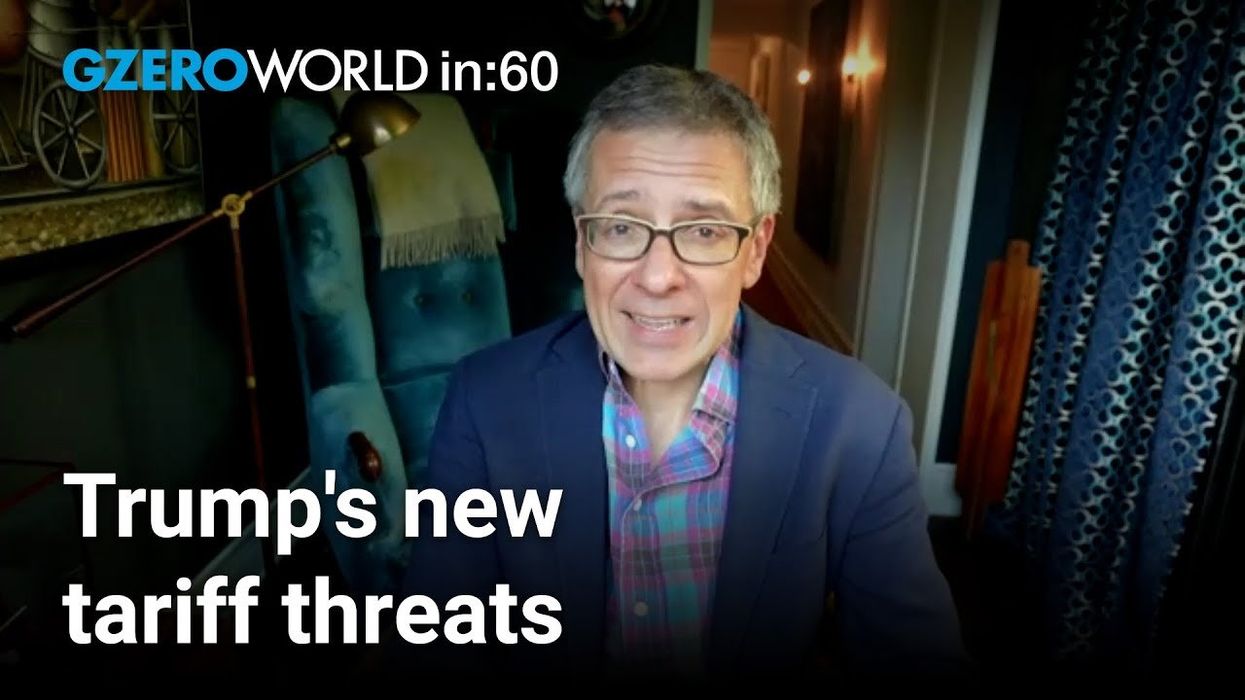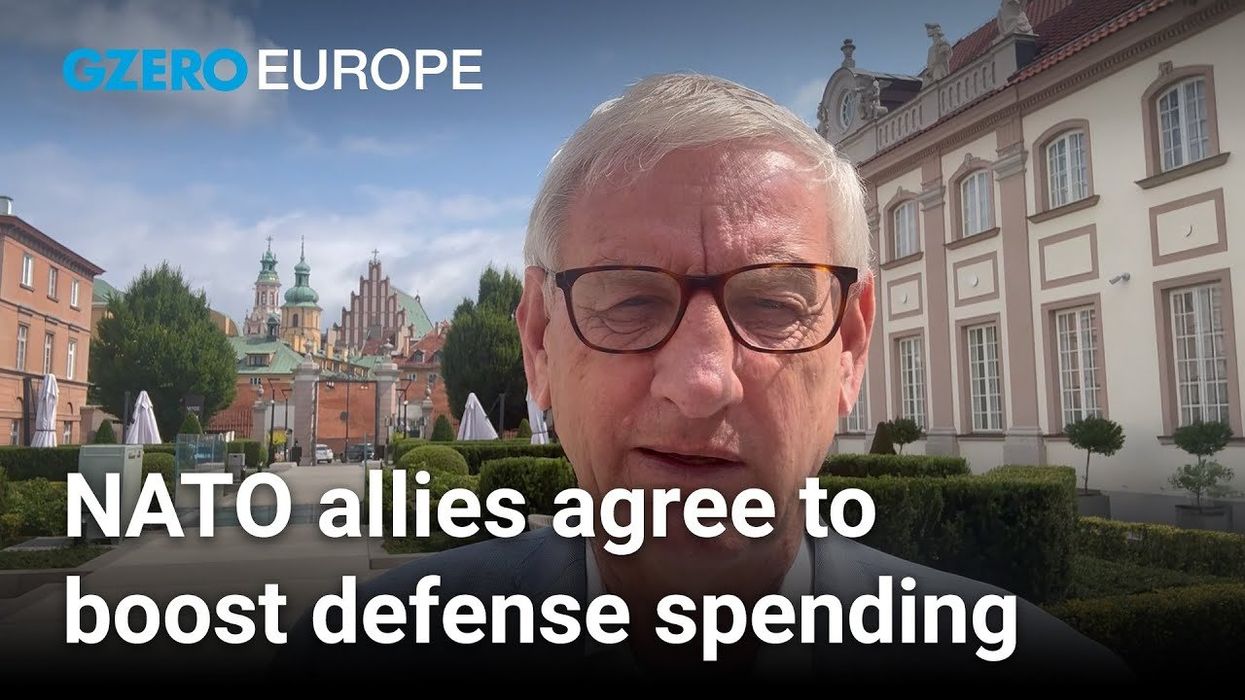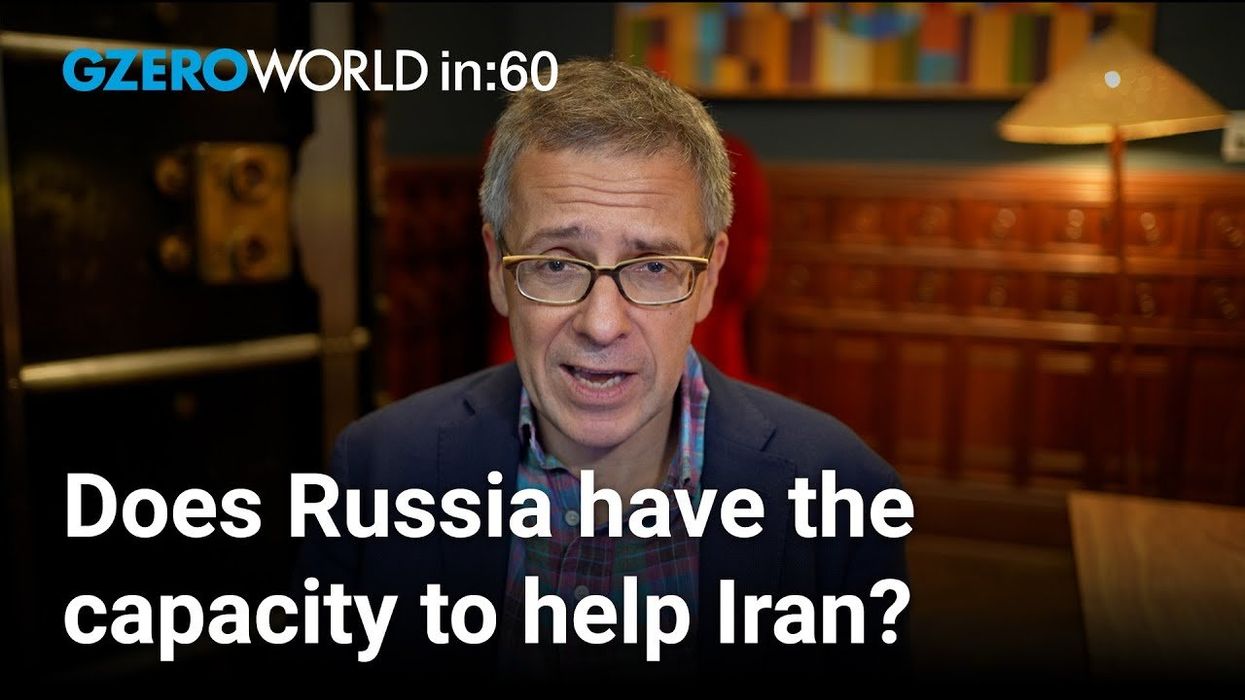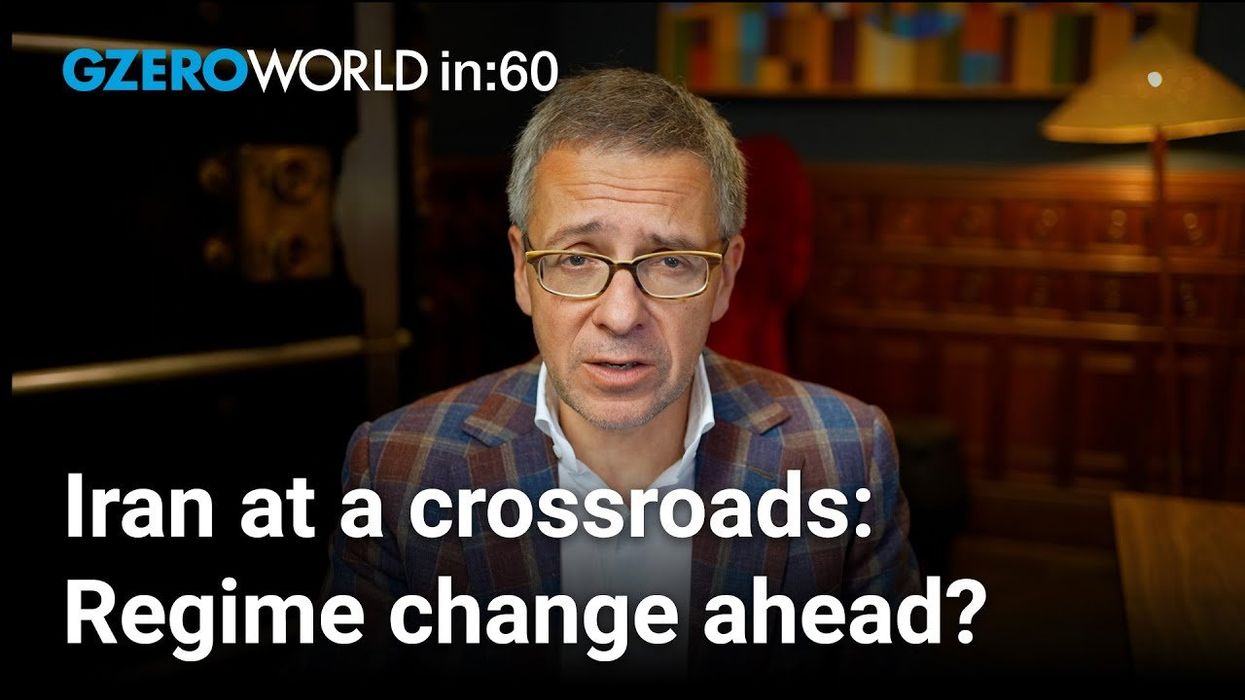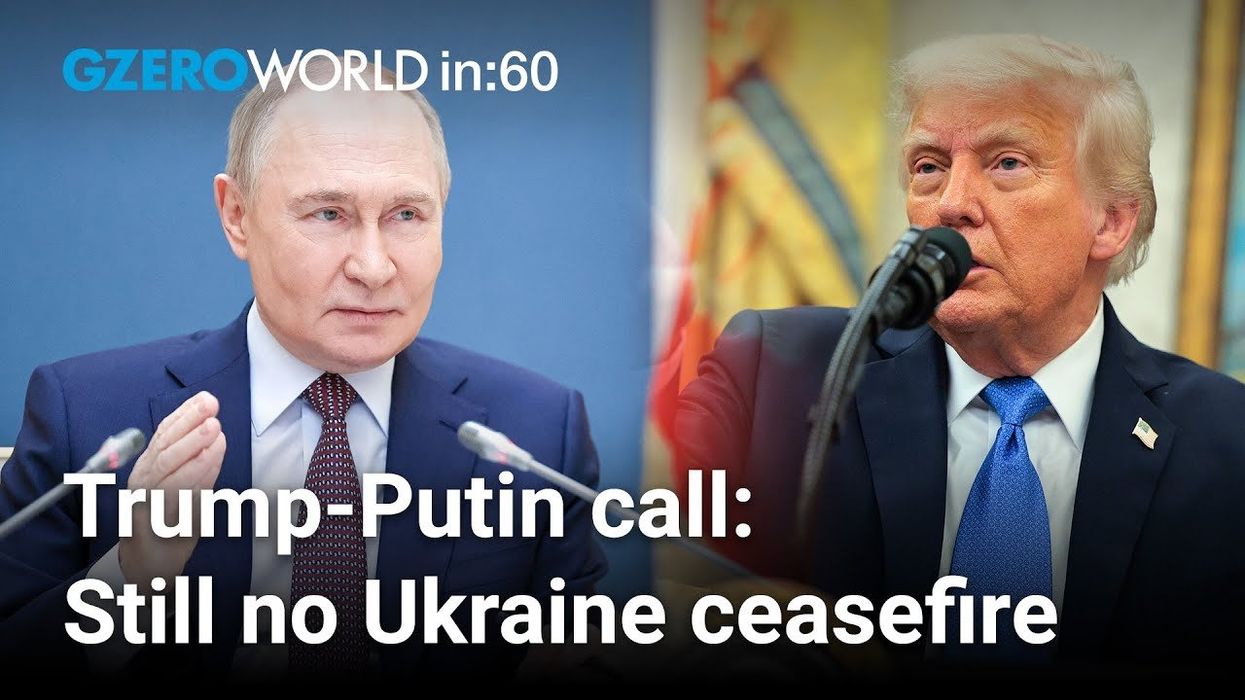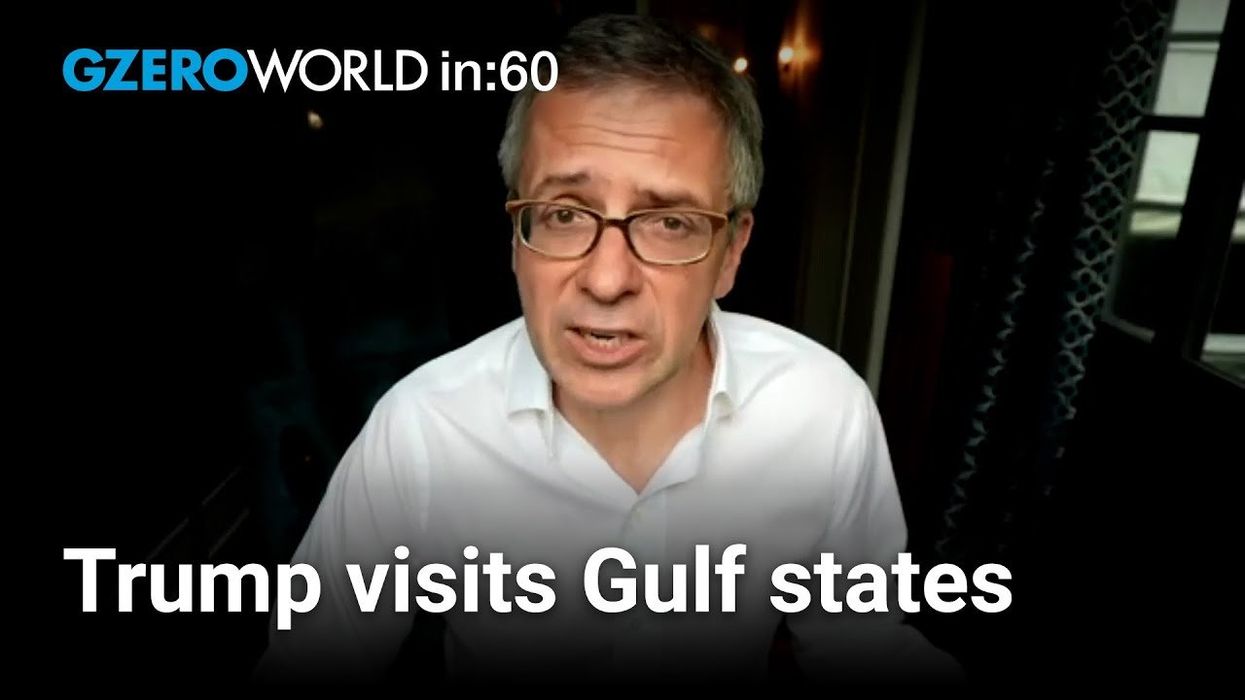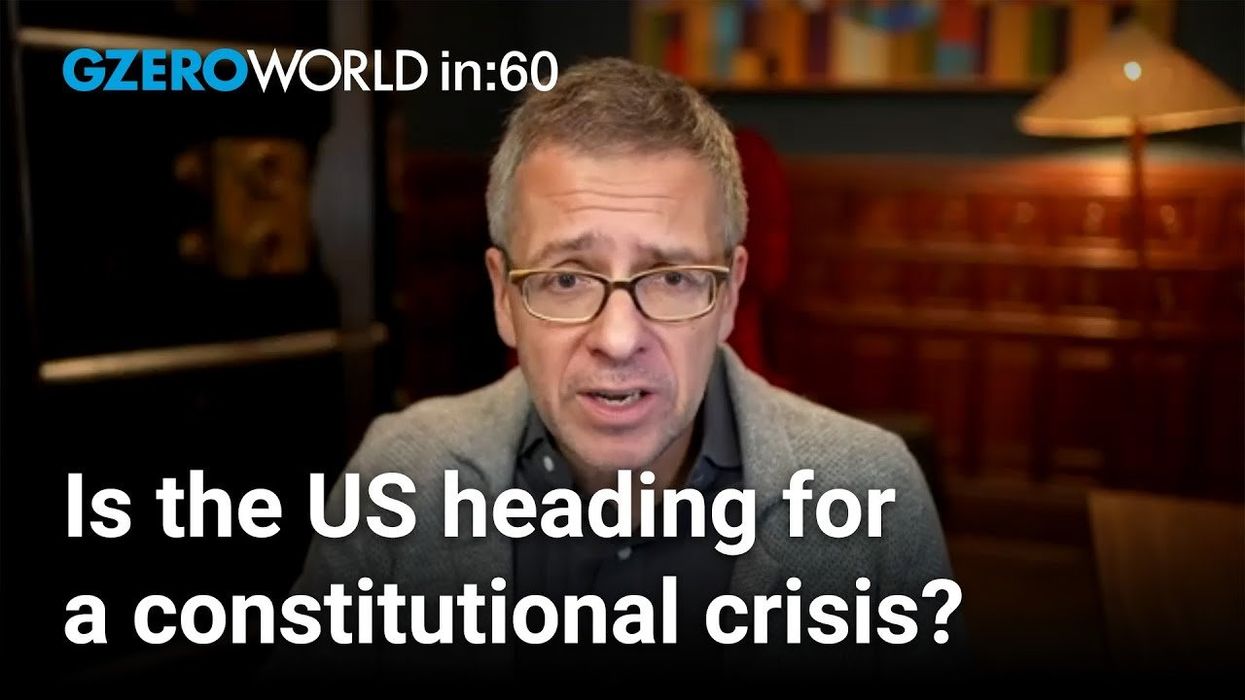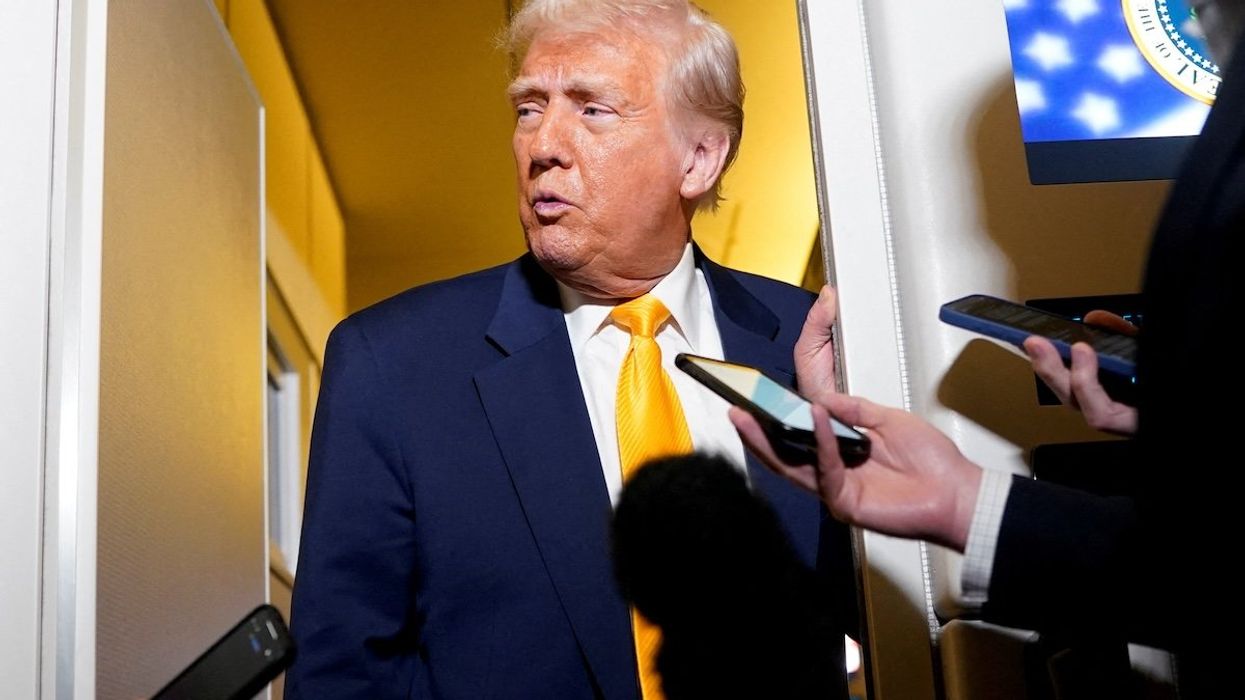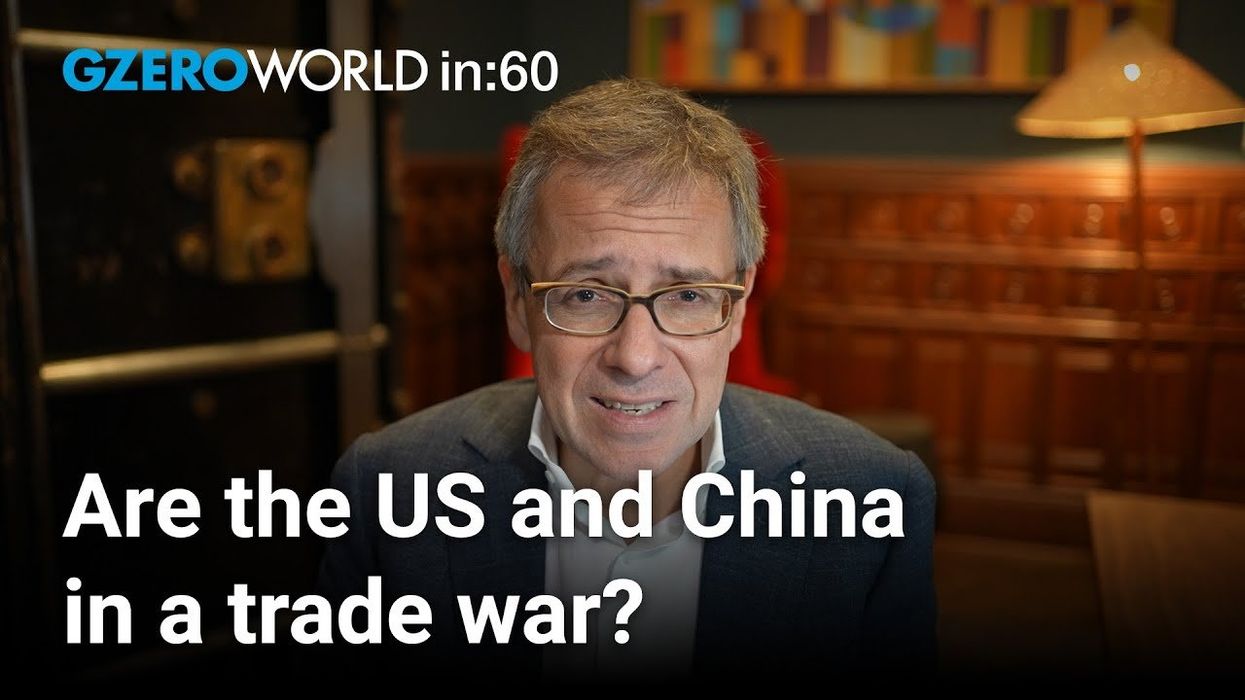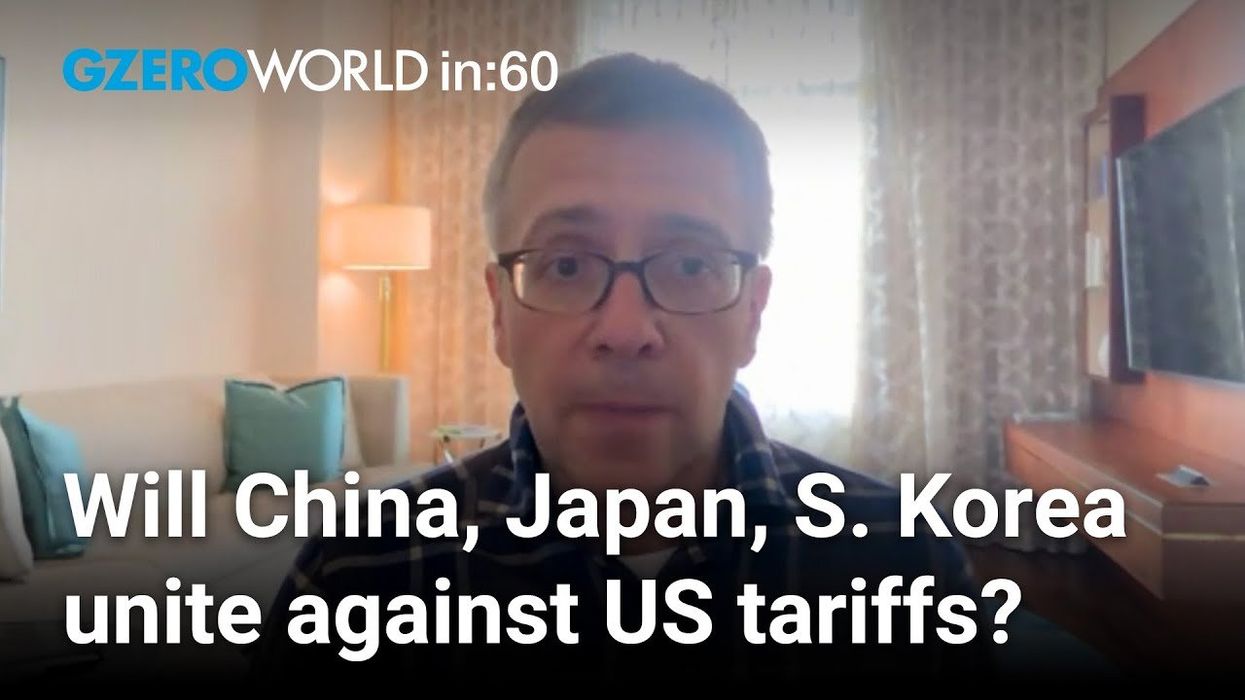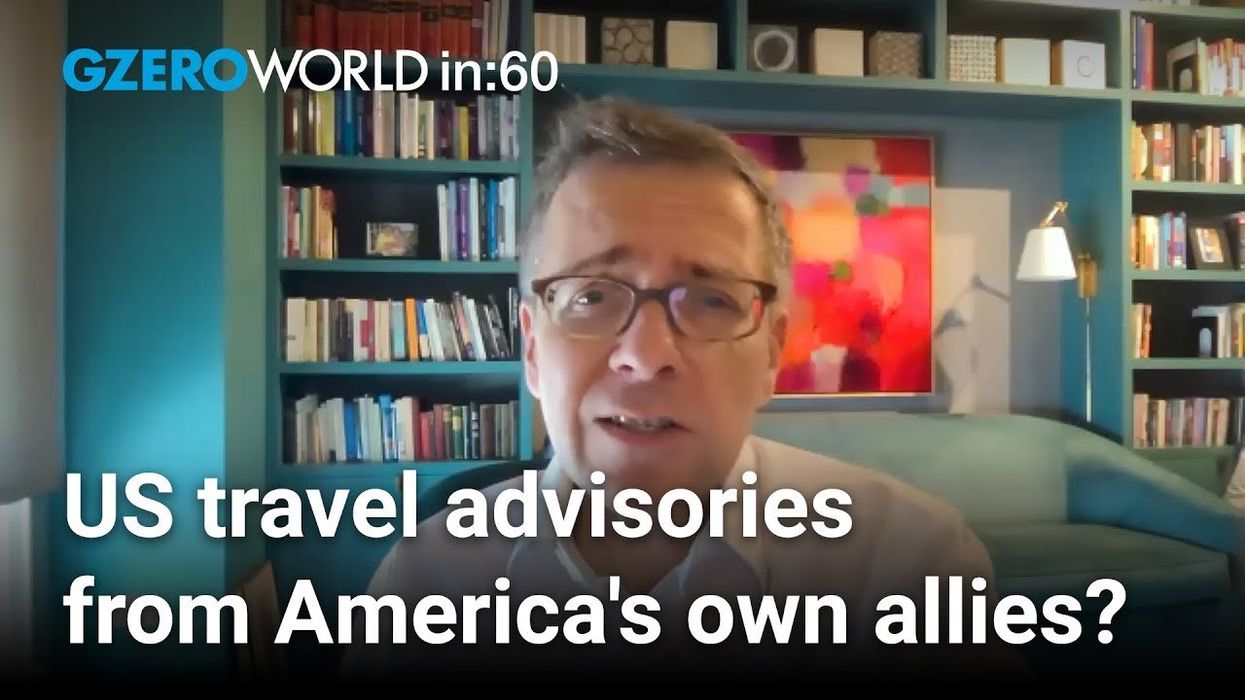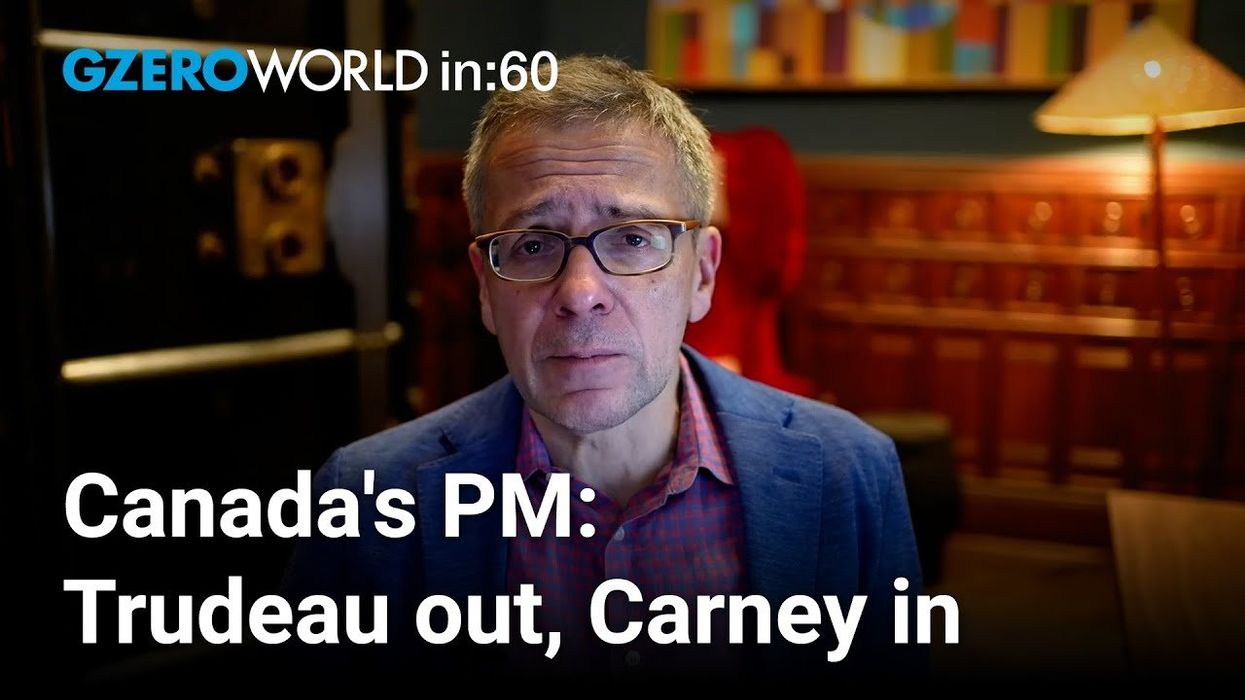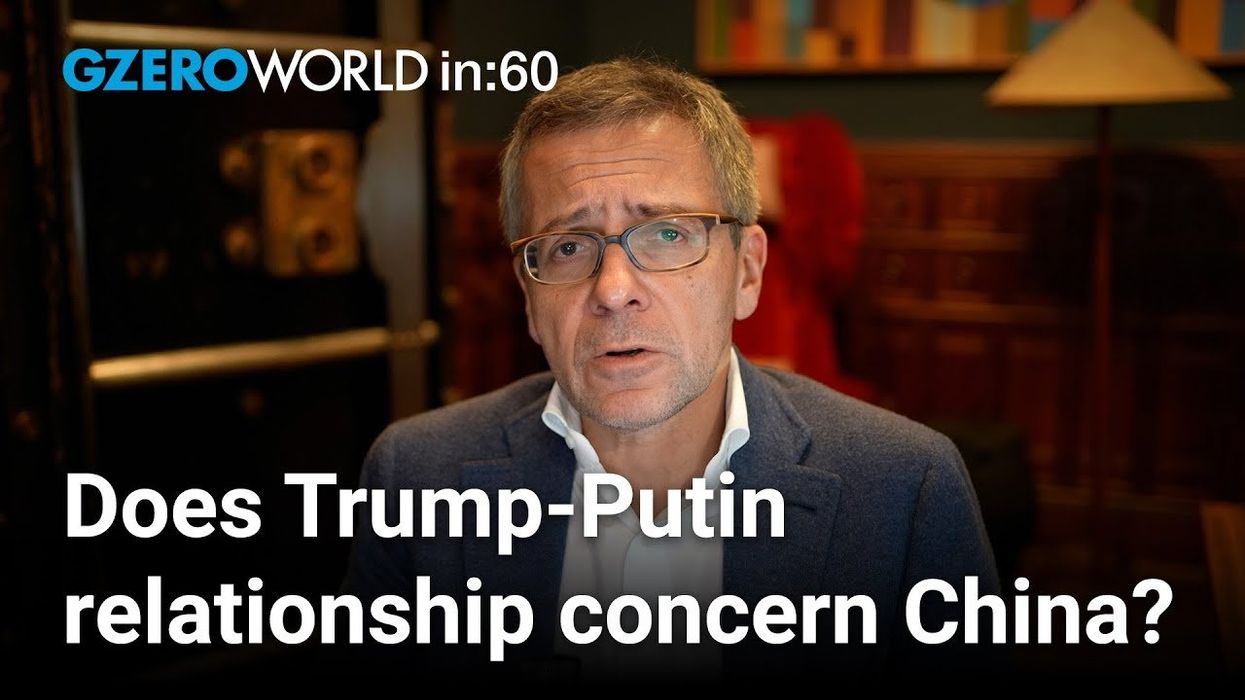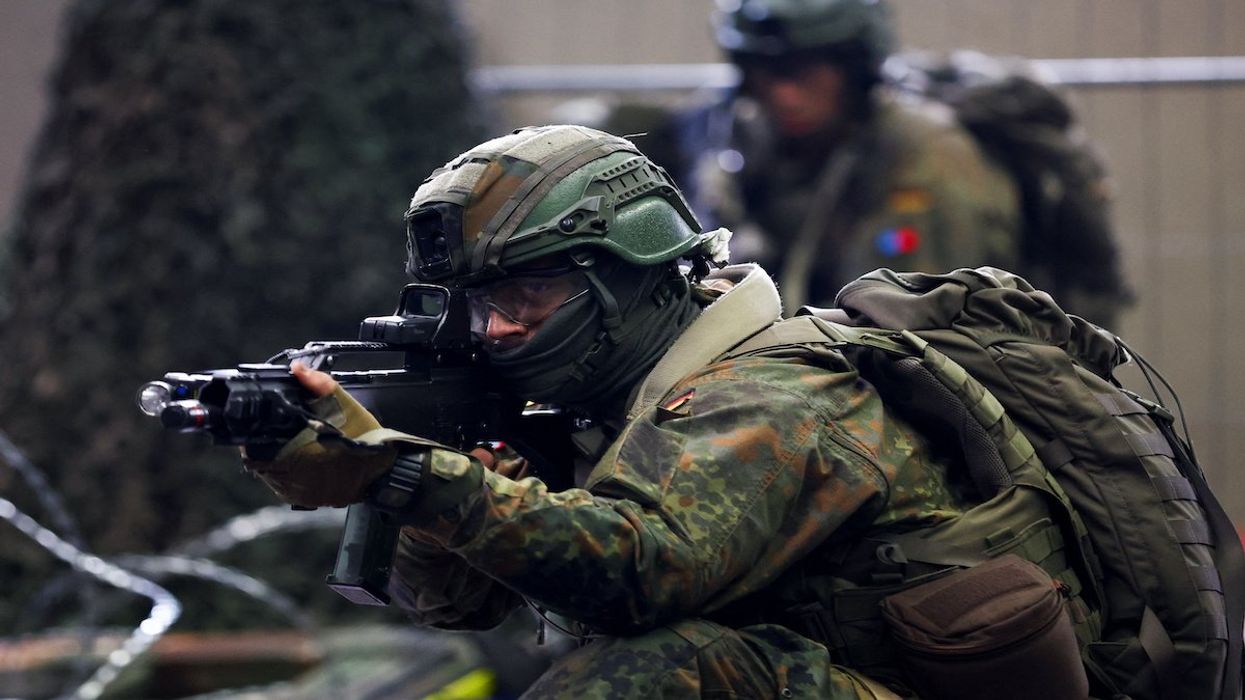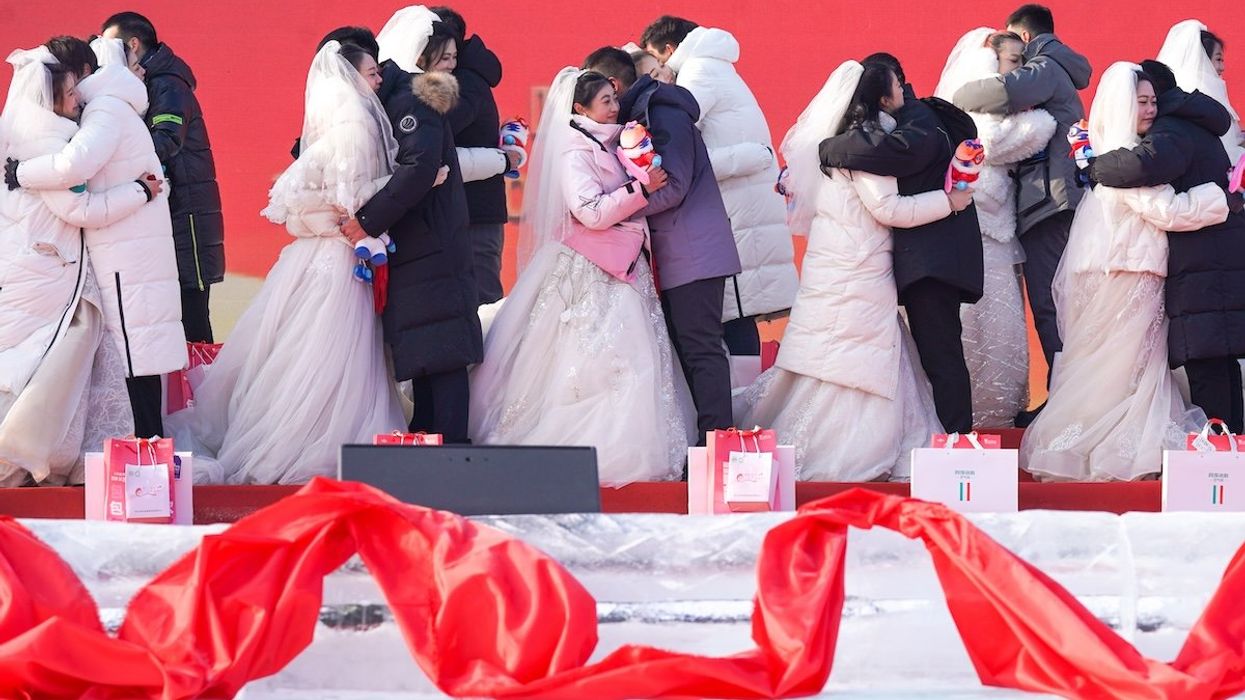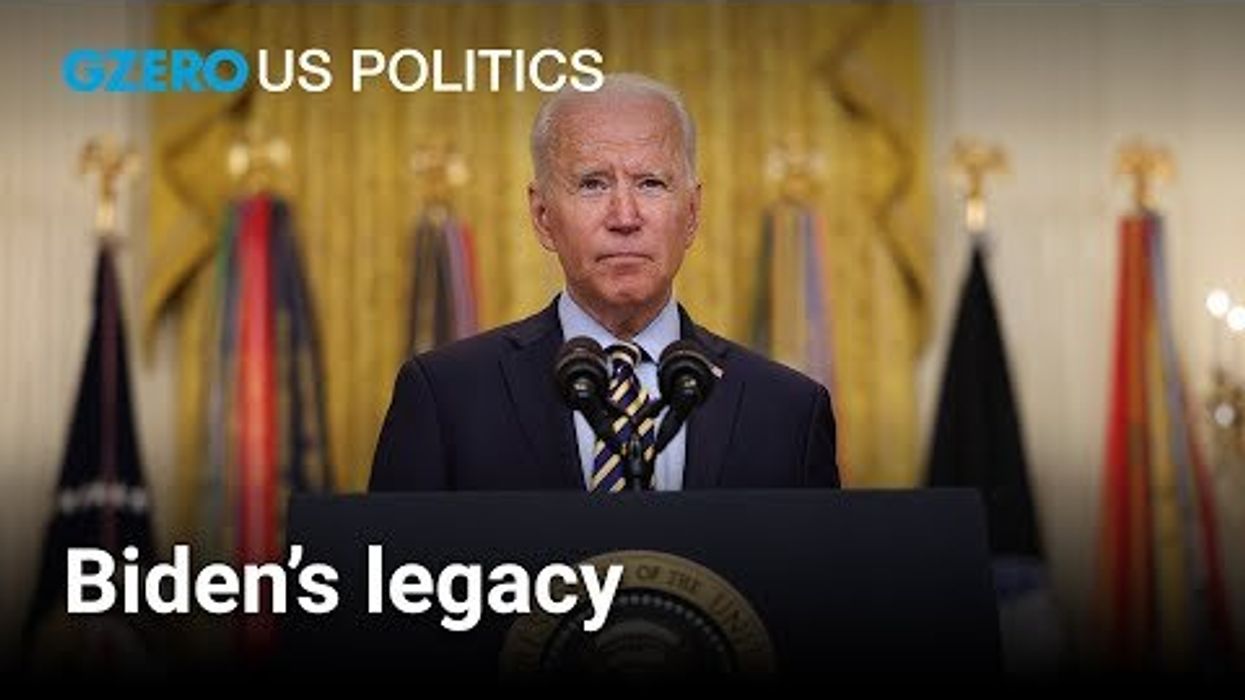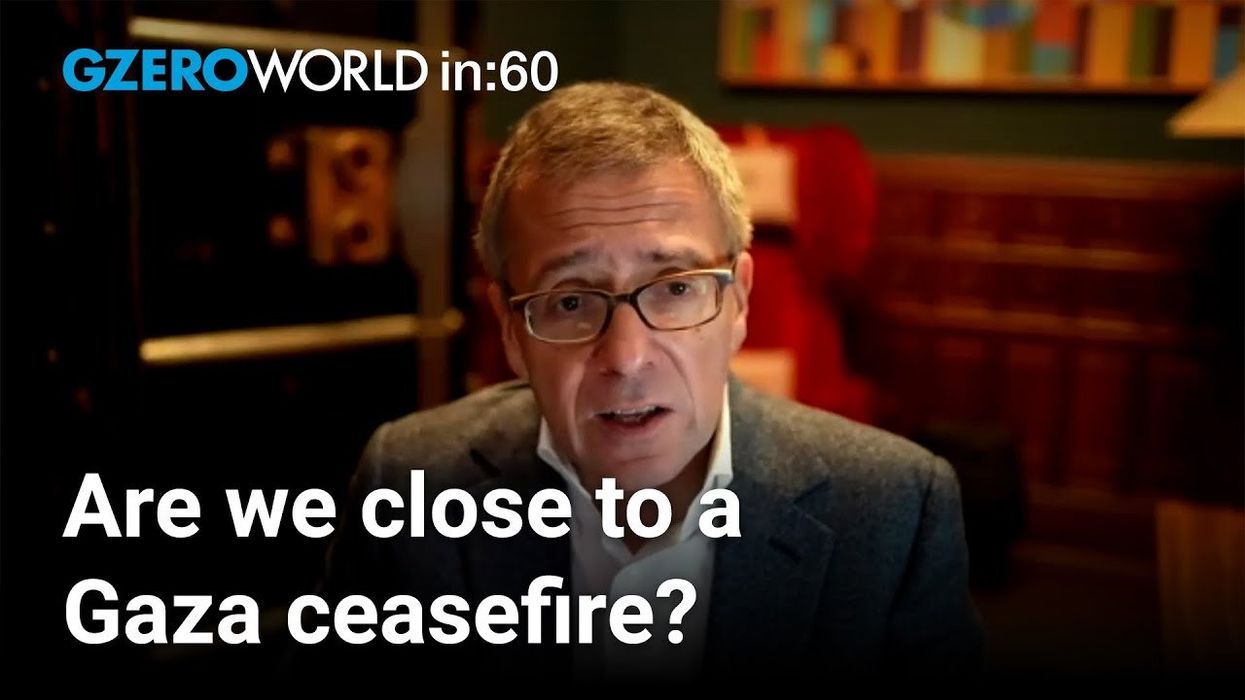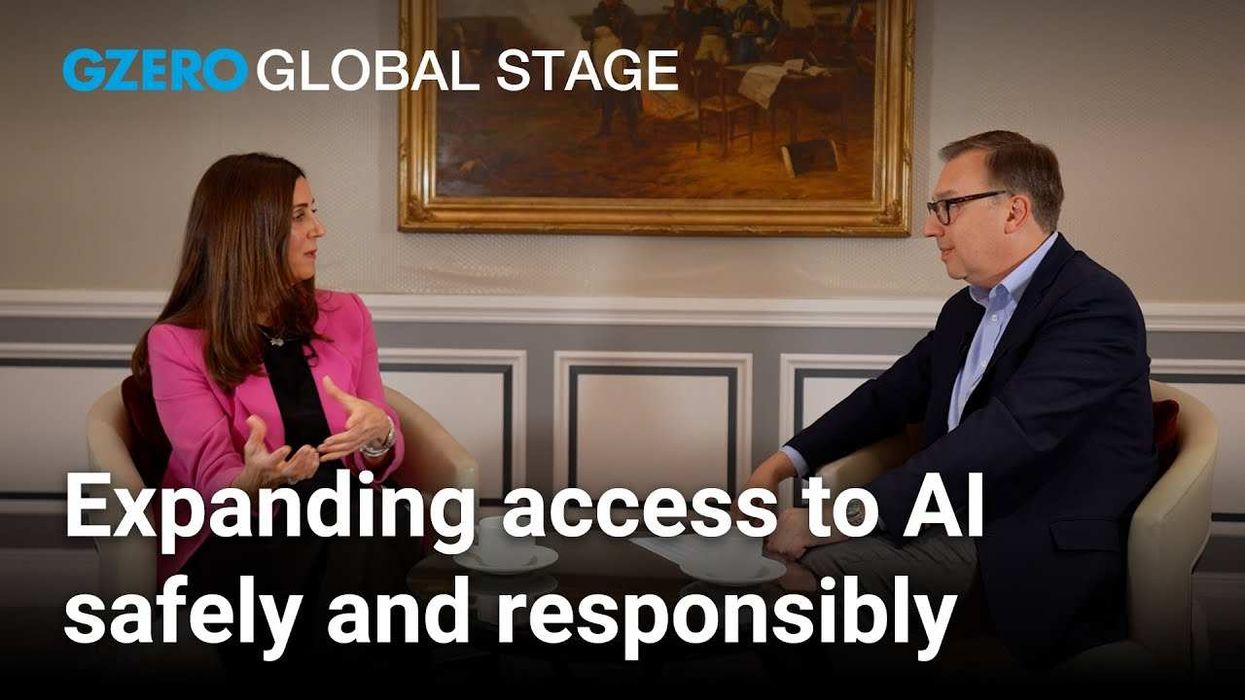VIDEOSGZERO World with Ian BremmerQuick TakePUPPET REGIMEIan ExplainsGZERO ReportsAsk IanGlobal Stage
Site Navigation
Search
Human content,
AI powered search.
Latest Stories
Start your day right!
Get latest updates and insights delivered to your inbox.
In 60 Seconds
Short, concise, and to the point, In 60 Seconds covers world news, US politics, the view from Europe, and more.
Presented by
What surprised you most about the Munich Security Conference?
The fact that the United States and Europe are in fundamental disagreement about the most important security issue out there. From the US perspective, it's China. From the European perspective, it's not. We've talked about a pivot to Asia for a long time. Obama did. Didn't really happen. Now the Americans on security are really pivoting to Asia. The Republicans and the Democrats. The Europeans aren't. Is that going to have a massive impact on the stability of the transatlantic relationship? You bet your ass it is. That's what concerns - that's what surprised me.
Is the coronavirus outbreak stabilizing as Chinese authorities say?
Not clear. I talked to the head of W.H.O. when I was at Munich. I talked to some of the epidemiologists that are world renowned on these issues. They're not sure at all. They don't understand yet exactly how the transmission works. And they're certainly not saying that the end of flu season means the end of this coronavirus. That's something the Chinese have been saying. Basic expectations, I've heard, if all goes as planned, is you get about eight hundred thousand cases of coronavirus in China in total and you don't get major breakouts outside of China. They hope that's where we're heading. If that's true, it's not a lot of deaths in terms of this kind of pandemic. It's less than twenty thousand, but it's major economic dislocations for the Chinese and the rest of the world. Those economic impacts are going to be the ones that we're going to feel for a very long time, and we'll feel them politically, too.
Are we "turning a corner" in Afghanistan?
Well, we are in terms of America's role in the longest standing war that America's ever fought in since its founding. We're closer to a deal between the Taliban and the United States that will allow for the Americans to start withdrawing significant levels of troops and lead to peace negotiations between the Taliban and the Afghan government. The Taliban likes this because if American troops leave, they're certainly not going back. The Afghan government is very worried because they know the American troops aren't coming back. And the likelihood the Taliban actually then follows through on engaged deals against a very weak Afghan government with very little support from the US or anyone else is a real problem for them. So, it's turning the corner, but probably not for the Afghan people.
Keep reading...Show less
More from In 60 Seconds
Is Europe’s attitude towards Israel shifting?
July 29, 2025
Trump pulls US out of UNESCO, again
July 22, 2025
Trump announces new plan to arm Ukraine
July 15, 2025
Key takeaways from the 2025 NATO Summit
June 27, 2025
Are NATO allies aligned on Iran?
June 24, 2025
Will Iran’s regime survive?
June 18, 2025
Is Serbia pivoting towards Ukraine?
June 12, 2025
Ukraine drone strikes deep inside Russia
June 05, 2025
Trump-Musk rift over Trump's "big, beautiful bill"
June 04, 2025
What is Trump after in his latest Gulf states tour?
May 13, 2025
Why the US-Ukraine minerals deal is a win-win
May 01, 2025
Why Mark Carney’s victory won’t heal the US-Canada rift
April 29, 2025
Trump tariff is starting a US-China trade war
April 08, 2025
How Europe might respond to Trump's tariffs
April 03, 2025
Turkey's protests & crackdowns complicate EU relations
April 03, 2025
What if Japan & South Korea sided with China on US tariffs?
April 01, 2025
US travel warnings issued by its closest allies
March 25, 2025
Is Europe finally ready to defend itself?
March 24, 2025
US-Canada trade war helps Mark Carney's election prospects
March 11, 2025
Is the US-Europe alliance permanently damaged?
March 05, 2025
Why Trump won’t break the Putin-Xi alliance
March 04, 2025
Could Europe replace the US military?
February 25, 2025
Trump's Ukraine peace plan confuses Europe leaders
February 24, 2025
Will Trump & Musk punish Brazil over Bolsonaro indictment?
February 19, 2025
Putin trolls Europe about "the master" Trump
February 04, 2025
DeepSeek puts US-China relations on edge
January 30, 2025
EU rolls back Syria sanctions for economic rebound
January 29, 2025
At Davos, all eyes are on Trump
January 23, 2025
How Biden’s presidency will be remembered
January 18, 2025
Three reasons why Trump wants Greenland
January 17, 2025
Why NATO launches a Baltic Sea operation
January 15, 2025
Gaza ceasefire likely as Biden and Trump both push
January 14, 2025
Meta scraps fact-checking program: What next?
January 07, 2025
GZERO Series
GZERO Daily: our free newsletter about global politics
Keep up with what’s going on around the world - and why it matters.
